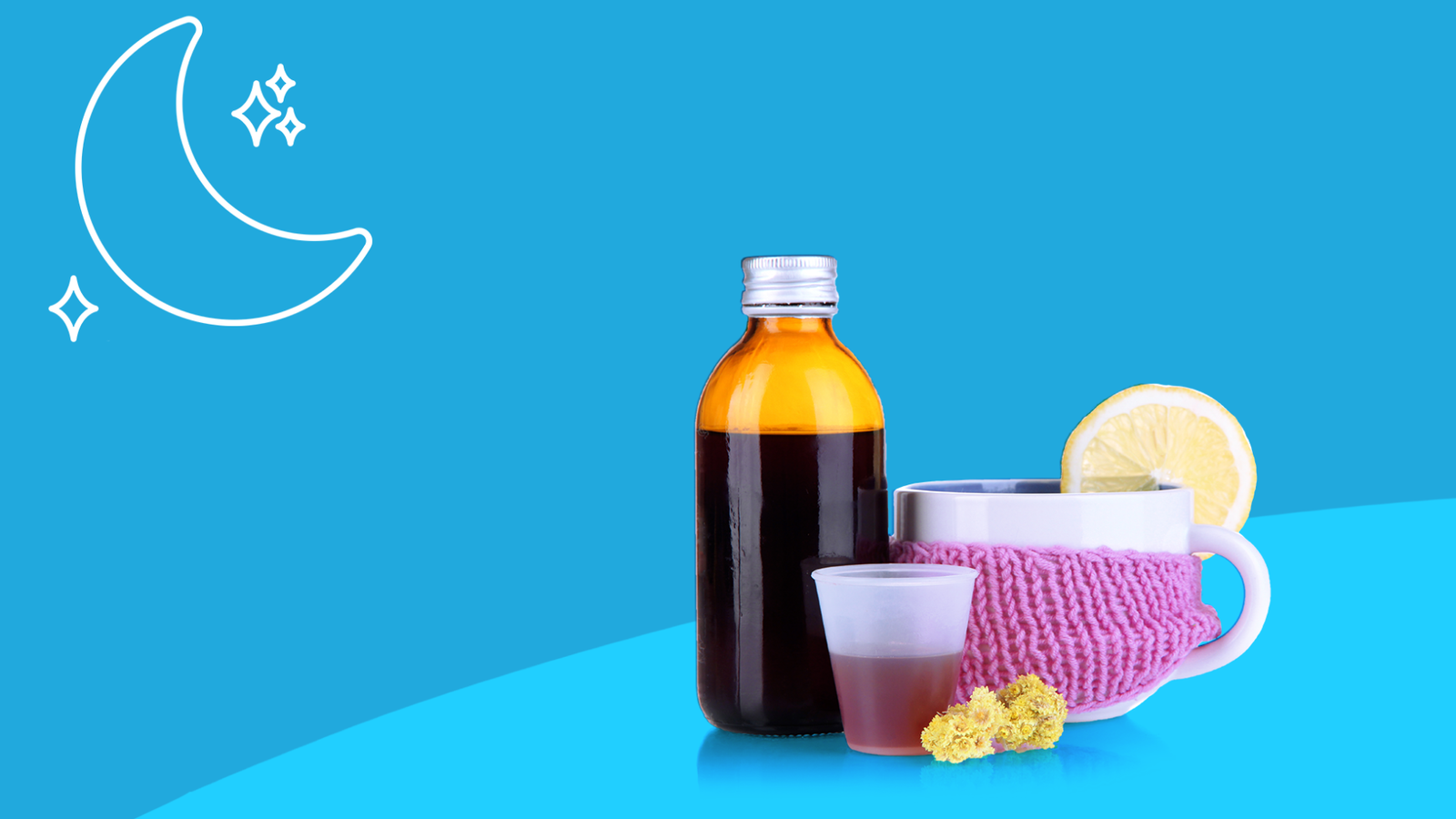Dizziness is a common problem that affects millions of people all over the world. It can be a short-lived feeling or a long-term problem that makes it hard to do everyday things. Many people are looking for alternative medicine for dizziness as a more natural and whole-person way to deal with the problem, even though traditional medical treatments can work. This article talks about different alternative medicine methods that have been shown to help with dizziness. These are tried-and-true methods that work no matter what new medical trends come along.
Alternative medicine has a number of promising treatments for both people who get dizzy from a certain trigger and those who have ongoing vestibular problems. This complete guide includes basic information about dizziness, expert advice, and tried-and-true methods that have worked for a long time.
The Basics of Understanding Dizziness
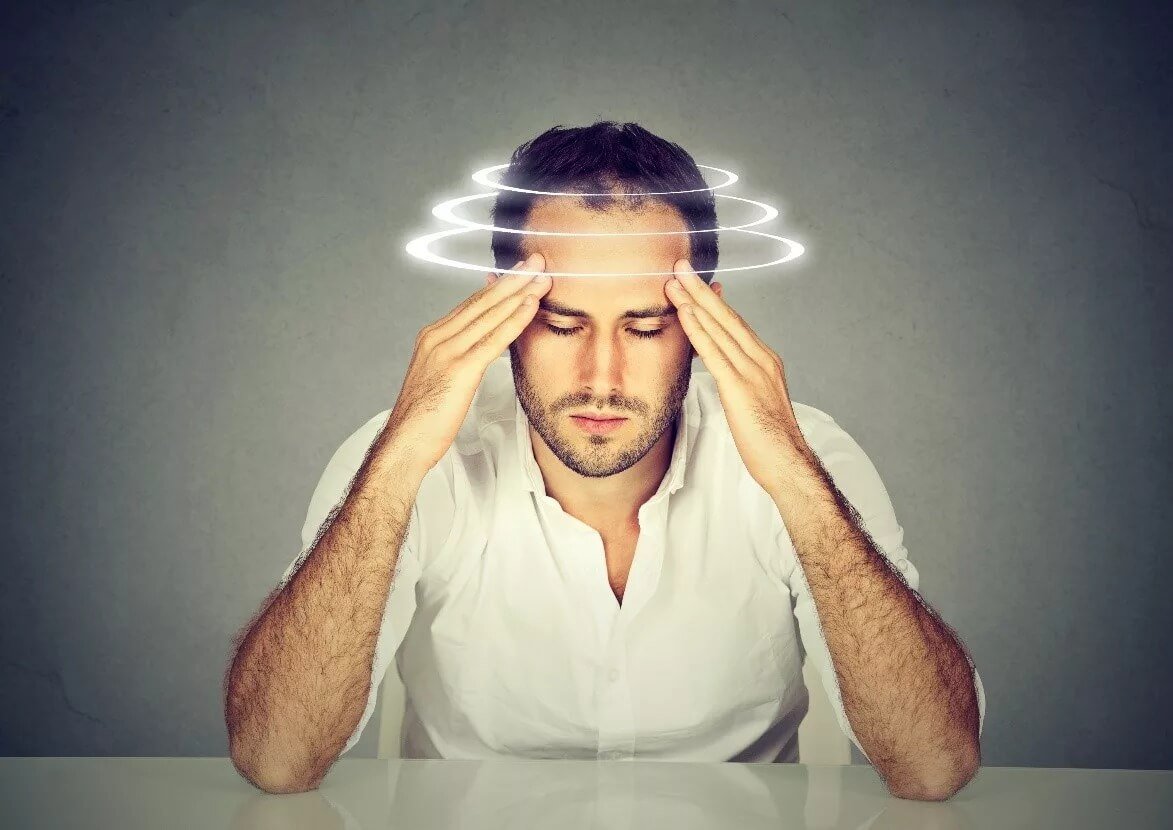
Dizziness is a general term that covers a lot of different feelings, such as feeling lightheaded, vertigo, and unsteady. Dizziness is not a diagnosis; it is a sign of a bigger problem. Some of the most common things that make people feel dizzy are:
1. Benign Paroxysmal Positional Vertigo (BPPV):
This is a condition that happens when small crystals of calcium carbonate come loose in the inner ear, causing short bouts of vertigo when the head moves.
2. Vestibular Disorders:
If the vestibular system, which helps you keep your balance, isn’t working right, you may feel dizzy or vertigo all the time.
3. Dehydration:
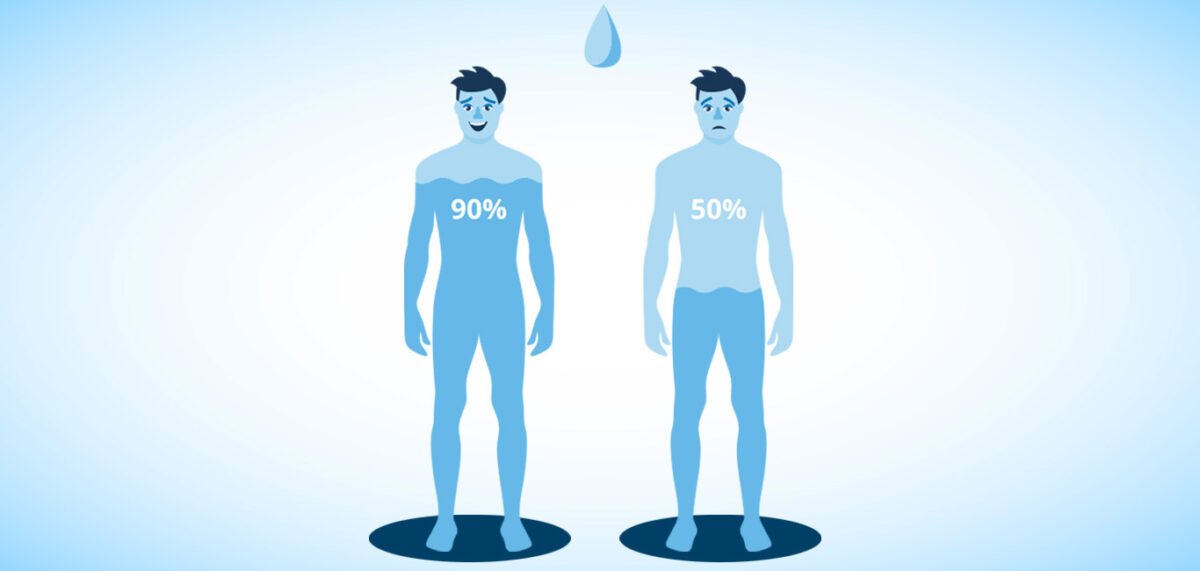
Not drinking enough water can make you dizzy because your blood pressure drops.
4. Low Blood Pressure (Hypotension):
When you stand up quickly, your blood pressure can drop suddenly, which can make you feel lightheaded or dizzy.
5. Stress and Anxiety:
Psychological factors can make you feel dizzy, especially when you’re under a lot of stress or having a panic attack.
6. Infections in the Inner Ear:
Ear infections can make you feel dizzy and affect your balance.
7. Drugs:
Some medications, like antihistamines, sedatives, and blood pressure medications, can make you feel dizzy.
Because there are so many different reasons for dizziness, it’s important to treat it in a way that gets to the bottom of the problem. There are many different ways to treat dizziness with alternative medicine, and many of them are based on traditional healing methods that have been used for hundreds of years.
The Role of Alternative Medicine in Treating Dizziness
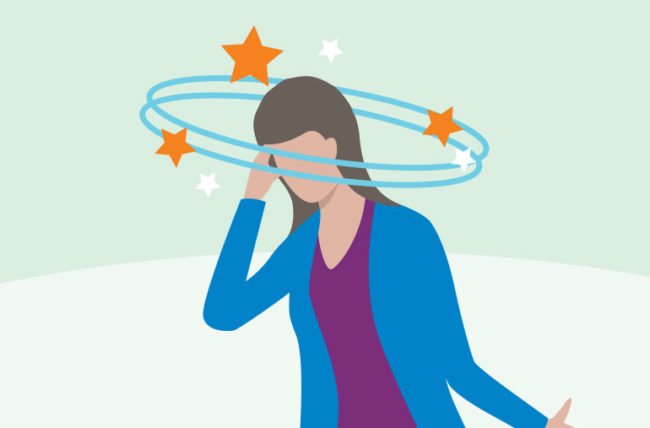
Alternative medicine focuses on treating the whole person, not just the symptoms. Instead of just getting rid of dizziness, alternative treatments often try to make you feel better overall and stop dizziness from coming back. Here are some well-known alternative treatments that can help with dizziness and make it less severe.
1. Herbal Remedies
People have been using herbal medicine for hundreds of years to treat balance and dizziness problems. There are a number of herbs that are known to help the vestibular system, boost circulation, or lower inflammation. Here are some common herbs that are used in alternative medicine to treat dizziness:
Gingko Biloba

Gingko biloba is one of the most popular herbs for treating dizziness, especially when it’s caused by bad circulation or balance problems that come with getting older. People think that this herb can help with dizziness and vertigo by improving blood flow to the ears and brain. Many studies have found that Ginkgo biloba can help with vestibular disorders, especially those caused by poor blood flow.
Ginger
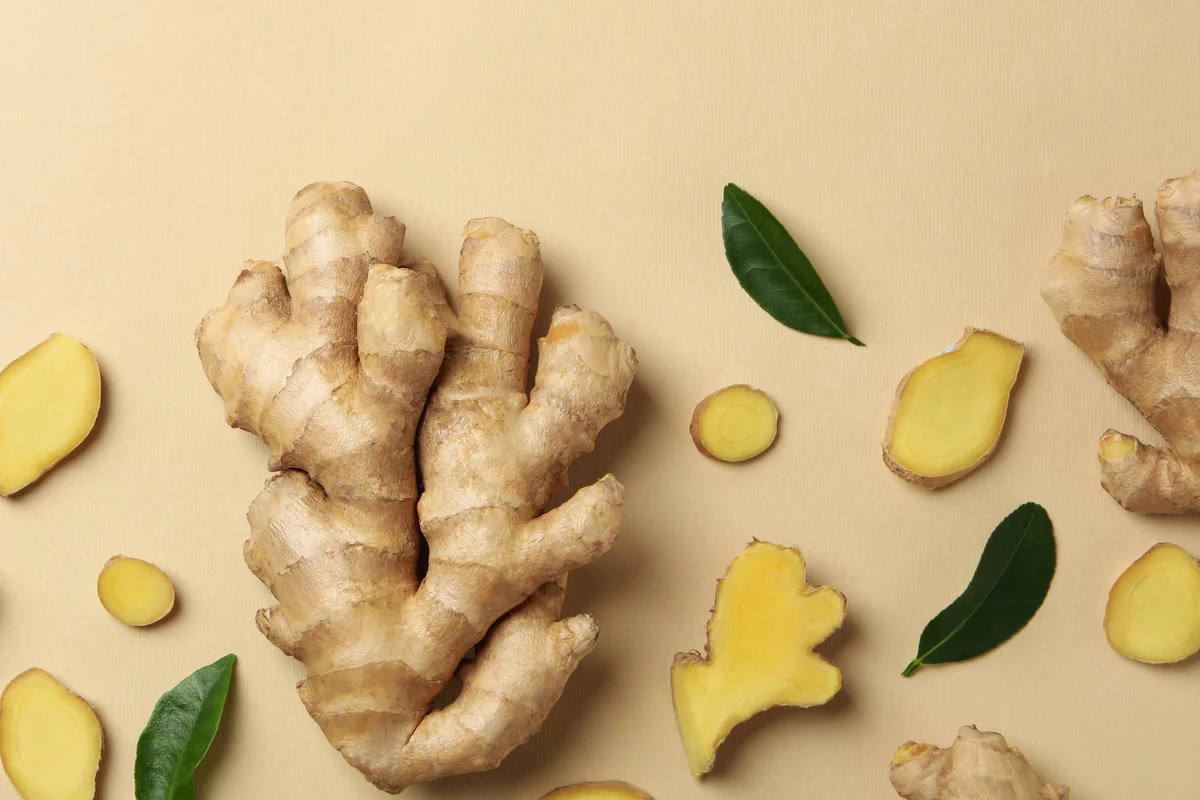
People have used ginger for a long time to help with nausea and motion sickness, which are two common symptoms of dizziness. Studies show that ginger can help with nausea caused by vertigo and improve circulation, which might help with dizziness.
Mint
If you are feeling dizzy, peppermint tea or essential oil can help, especially if the dizziness is caused by nausea. Peppermint can help calm the digestive system and stop spasms. This can help people who feel dizzy because of gastrointestinal problems.
Cinnamon

Cinnamon is another herb that might help with dizziness. People think it helps blood flow and lowers inflammation. Cinnamon may also help keep blood sugar levels stable, which can help if you feel dizzy because your blood sugar is too low.
2. Acupuncture and Acupressure
Acupuncture is a key part of Traditional Chinese Medicine (TCM) and has been used for thousands of years to treat many different problems, such as dizziness. Acupuncture works by stimulating certain points on the body, called acupoints, to bring the energy (qi) back into balance and speed up healing.
How Acupuncture Helps with Dizziness
Acupuncture uses thin needles to balance the flow of energy by putting them in certain spots on the body. Acupuncture works on points that are thought to be connected to the vestibular system, circulation, and the autonomic nervous system to help with dizziness. Studies have shown that acupuncture can help people with conditions like BPPV and Meniere’s disease have less frequent and less severe vertigo.
Using Acupressure on Yourself
Acupressure is like acupuncture, but instead of needles, it uses pressure on certain points. A lot of people use acupressure bands or massage techniques on themselves to get rid of dizziness. The P6 point, which is on the inside of the forearm about two inches above the wrist, is a common acupressure point for dizziness.
3. Chiropractic Care
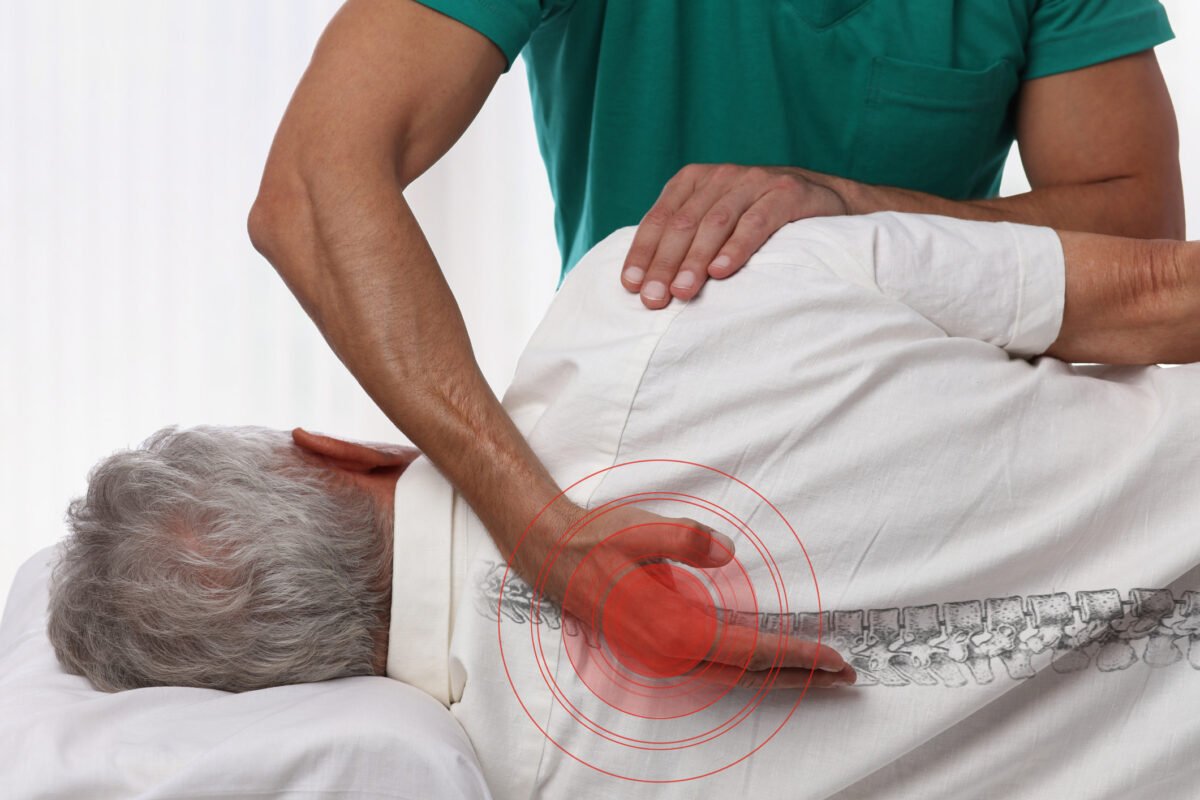
Chiropractic care is mostly about making sure the spine and musculoskeletal system are in the right place, especially the neck and back. Sometimes, if the spine or neck is out of alignment, it can make you dizzy, especially if it affects the blood flow or nerve function to the brain. To get things back in the right place, chiropractors use adjustments and manual manipulation.
How Chiropractic Adjustments Work
People who get dizzy from neck problems, like cervical vertigo, may find that chiropractic care helps them a lot. Chiropractic adjustments may help with neck pain, circulation, and dizziness by straightening the spine and improving posture.
4. Changes to Your Diet and Taking Nutritional Supplements
A healthy diet is very important for your health in general, and this includes keeping your dizziness at bay and treating it. Dizziness can be caused by not eating enough, being dehydrated, or having low blood sugar. You can lower your chances of having dizzy spells by eating a diet rich in nutrients.
Magnesium

Magnesium is an important mineral that helps muscles work, nerves send signals, and blood pressure stay normal. Low magnesium levels have been linked to a higher chance of getting dizzy or having vertigo. Eating more magnesium-rich foods like leafy greens, nuts, seeds, and whole grains, or taking supplements, may help with dizziness.
Vitamin D
Lack of vitamin D could also be a cause of dizziness, especially for people who don’t get a lot of sun. Getting enough vitamin D may help older adults who are more likely to have balance problems and get dizzy less often.
Watering
One of the most common causes of dizziness is dehydration, which is easy to avoid. Drinking a lot of water throughout the day, and electrolytes if you need them, can help keep your fluids in balance and stop you from getting dizzy from dehydration.
5. Mindfulness and Meditation
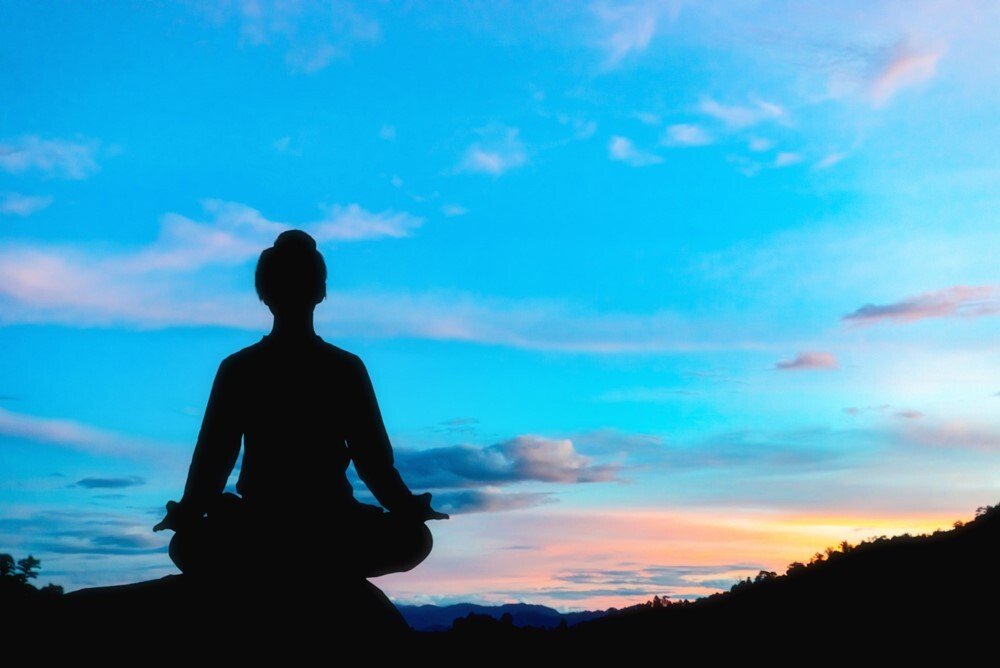
Mindfulness practices like meditation and deep-breathing exercises can help with the mental health issues that can make you feel dizzy. Stress and anxiety are common causes of dizziness, but mindfulness can help people deal with their stress, which can lead to fewer episodes of dizziness.
How Mindfulness Can Help with Dizziness
People can learn to focus their attention away from the feeling of dizziness by practicing mindfulness. This can make the dizziness less intense. Meditation can also turn on the parasympathetic nervous system, which helps calm the body down and lower the fight-or-flight response.
6. Vestibular Rehabilitation Therapy (VRT)
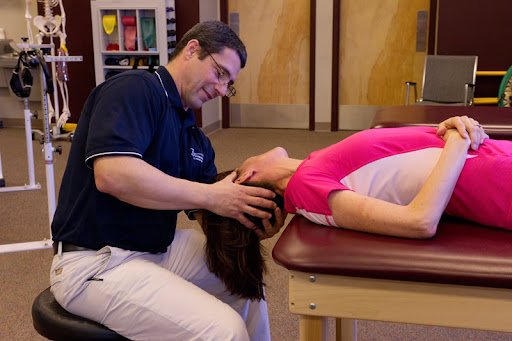
Vestibular rehabilitation therapy (VRT) can change the lives of people who have long-term dizziness or vertigo. VRT is a set of exercises that help the brain and the vestibular system learn to work together better. People with vestibular disorders like BPPV, Meniere’s disease, or vestibular neuritis are often told to try this therapy.
Many people who use holistic and alternative methods to treat dizziness also use VRT because it focuses on physical exercises and self-care techniques to help with balance and lessen symptoms.
7. Aromatherapy
Essential oils are used in aromatherapy to help heal and relieve symptoms of many conditions, such as dizziness. People often use essential oils like lavender, eucalyptus, and rosemary to lower stress, calm the mind, and get the blood flowing better. When you breathe in or put these oils on your skin, they can help you relax and stop feeling dizzy.
How Aromatherapy Works
You can use aromatherapy along with other treatments for dizziness to improve your overall health. You can use essential oils to calm your body and mind by putting them in the air, adding them to a warm bath, or using them in massage oils.
Conclusion: A Holistic Way to Deal with Dizziness
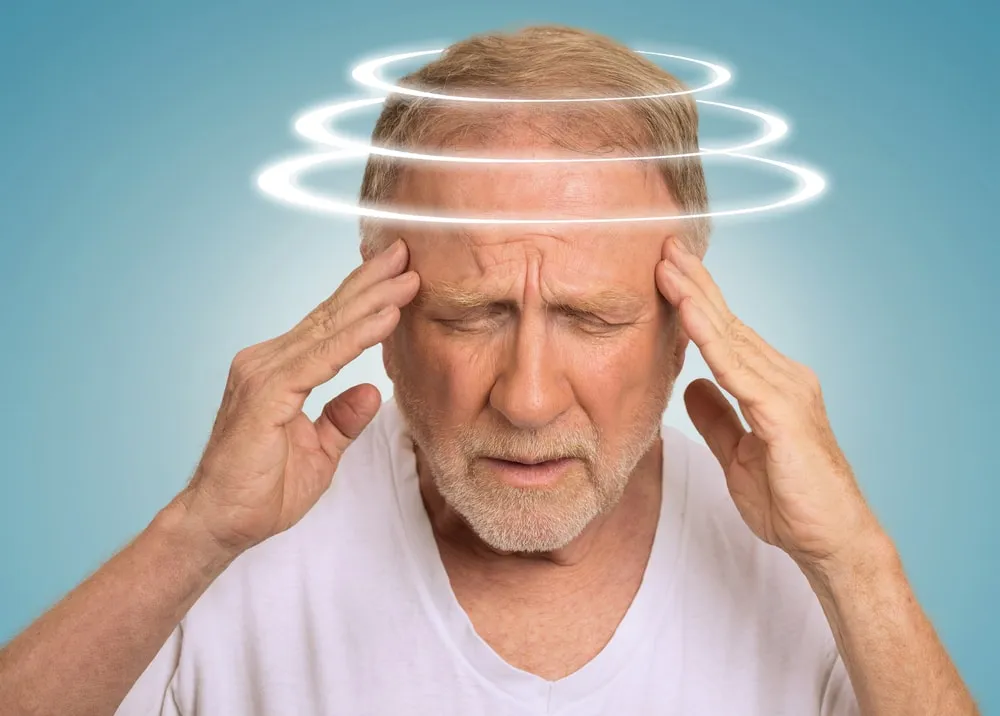
Dizziness can be annoying and make it hard to do things, but alternative medicine for dizziness has a lot of tried-and-true methods that can help. You can take a whole-body approach to dealing with dizziness by adding herbs, acupuncture, chiropractic care, changes to your diet, and mindfulness techniques to your daily life.
Keep in mind that these alternative treatments may not work for everyone. Before starting any new treatment plan, especially if you have health problems that are already there, it’s important to talk to a doctor. Many people find that these natural remedies help them feel less dizzy and live a better life if they are patient and keep trying.
The most important thing is to find what works best for you and take a balanced approach that focuses on your long-term health and well-being, whether you choose one treatment or many.







